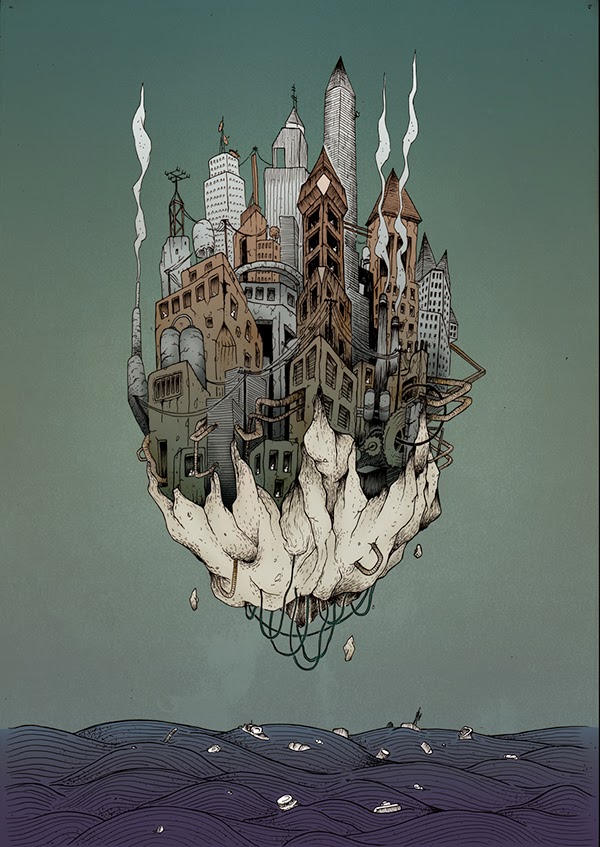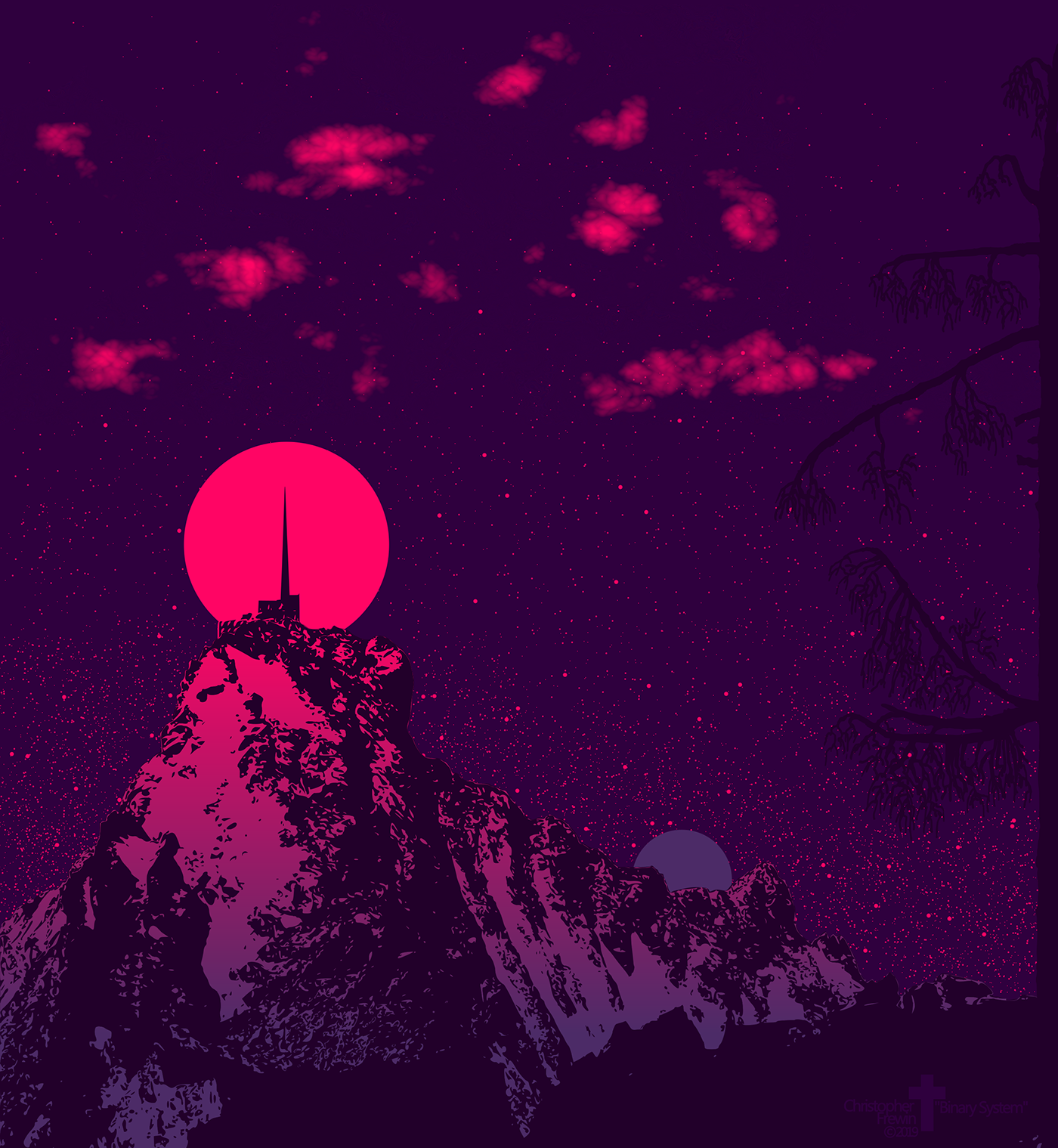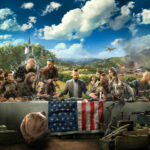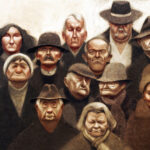Speculative fiction has long been held suspect for one cardinal sin – offering escapism from real-world problems. “How can made-up worlds,” the condemnation goes, “reflect on the issues of today? How can reading about fictional societies in secondary worlds give us …” While the popularity of speculative fiction has silenced some of its critics in recent years, the fields of “serious” literary criticism and academia still look down on it, considering it as inconsequential and superfluous. Over the span of this article, I will illustrate how both science fiction and fantasy have navigated through and penetrated real-world issues, offering invaluable insight in the process.
Science Fiction: mapping the unthinkable
Science fiction is, in the words of evolutionary biologist Richard C. Lewontin, “a literature of imagination and logic in which the consequences of radical alterations in the conditions of human existence are deduced.” A sandbox in which the author, taking on the mantle of a social scientist, sets up a vision of society starkly different from our own – this is a core tenet of the genre.

Sometimes, the societies constructed at first appear as utopias, like those in Peter F. Hamilton’s Pandora’s Star and Dan Simmons’ Hyperion Cantos. Seemingly perfected versions of our own capitalist society, these would-be triumphs of human perseverance inevitably reveal the gaps and weaknesses inherent to the system, and proceed to widen them past the breaking point – one trait the futuristic societies of both works share in is that for the technological splendour they live in, the billions upon billions of human beings have grown stagnant, their culture incapable of providing growth, either spiritual or evolutionary.
More commonly, science fiction lingers on the anxieties of tomorrow’s world. The dangers of technology are a motif our own society falls in love with time and again, and none have given voice to these deep-rooted fears with an eloquence comparable to that of Philip K. Dick. His works concern themselves with technology invading even unthinkable aspects of human experience; 1969’s Ubik investigates the effects of a technology which allows humans to preserve the consciousness of their dead and even communicate with them. Beyond the obvious ethic and moral implications is a lingering theme of technology eroding the borders of what is real and asking,”Where does reality end, and the unreal begin?”
The appearance of the Internet has further complicated matters. William Gibson’s Neuromancer, the so-called father of the cyberpunk subgenre, anticipates the Cyberspace and outlines the apprehensions of a society in thrall of a shared cyberspace which acts as a “consensual hallucination”. The path from the neon-stylized 80s imagining of a global network in which any user can be “jacked,” to the 2000’s Matrix movie is short indeed.
Another branch of science fiction questions the exploitation of natural resources – Ursula K. Le Guin’s The Word for World is Forest is one such example. In my review of this novel, I wrote that Le Guin imagines a world “dominated by oceans and lush green forests, where a little over two thousand men are working to deforest the world one island at a time, in order to state the unquenchable thirst of an Earth that has exhausted all its natural resources of wood.” The novel is an allegorical tale written in response to the events of the Vietnam War, and Le Guin’s introduction is a poignant reminder as to the times that produced such literature:
“…it was becoming clear that the ethic which approved the defoliation of forests and grainlands and the murder of non-combatants in the name of ‘peace’ was only a corollary of the ethic which permits the despoliation of natural resources for private profit or the GNP, and the murder of the creatures of the Earth in the name of ‘man’. The victory of the ethic of exploitation, in all societies, seemed as inevitable as it was disastrous.”
The end-point of exploitation of the natural world is nothing less than climate disaster – and has any book done more for the popularizing of climate fiction than Frank Herbert’s Dune? This titan of sci-fi brought to attention environment issues and questions of ecological limitations (and how to overcome these) to an entire new generation in the sixties, and continues its relevance over half a century later.
“Alright, alright,” the disproving critic says, “That’s well and good, I concede the point. But how does fantasy come into it?” I’m glad you asked.
Fantasy: holding up a mirror
At its finest, fantasy literature offers not just escapism but poignant commentary on the world that has produced it, sometimes against the author’s issues. Such is the case with The Lord of the Rings; author J. R. R. Tolkien is loath to admit any connection between the narrative of his opus and the events of World War II, but authorial intent is not the end to this equation. The events of the outside world shape authors and what they put into a work, knowingly or otherwise.

Criticism to reality can be found much more often in the fantasy of the last forty years than of much of the genre canon of the fifties, sixties and seventies. A cursory examination at the works of Mark Lawrence and Joe Abercrombie offers societal visions much in the same vein as those in science fiction, though where sci-fi looks forward, fantasy looks back. Abercrombie’s A Little Hatred examines a society in the throes of an Industrial Revolution, while complicating matters further by examining themes relevant to the socio-political environment of the world we live in. A Little Hatred offers a scathing critique to a refugee crisis all too similar to those both in Europe and the United States.
Massive, multi-tome works such as Steven Erikson’s The Malazan Book of the Dead offer insight on just about any theme that takes on the human condition, from compassion to fraternity to the horrible cost and nature of war. It is issues such as these that dominate the field of speculative fiction in the twenty-first century, and their expert handling by voices new and old has value far outweighing that of mere escapism. To argue otherwise is to live in a reverie.
by Filip R. Zahariev
Photo Credits
Human Disorder,Tom Overloop, CC BY-NC 4.0
Mars Cities Geo-Block, Alex Mathers, CC BY-NC-ND 4.0
Binary System, Chris Frewin, CC BY-NC-ND 4.0










